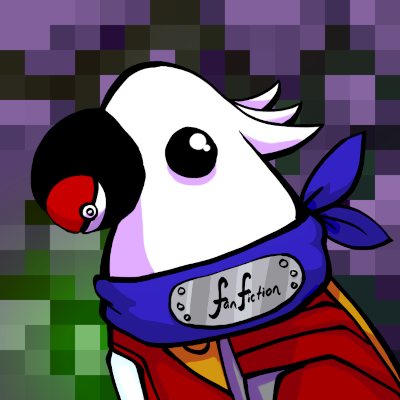The “Perfect Protagonist” and/or the “Perfect (2 Dimensional) Love Interest” are honestly grating to me.
Don’t get me wrong, I don’t mind that the protagonist is special or chosen or what have you. Although I do love it when authors play around with the “non-special” or “non-chosen” characters as protagonists as well. And who doesn’t love a good anti-hero, right? (Well, sometimes me depending, actually.)
Anyway, my issues is with when they’re just default accepted as perfect by all the other characters around them, as being able to do absolutely no wrong whatsoever, while other characters are somehow judged more harshly in the same context.
The perfect love interest archetype tends to be especially annoying because they are almost always pitted against a far more fleshed out and complex rival character who suddenly and inexplicably will become intolerable as if to justify why the protagonist should definitely go with the other.


Have to largely agree with a_mac_and_con & avividtale (in comments-wise) on this one. However, I do have a few preferences. Some kinds I have a super low tolerance for…
The major one that jumps to mind is the tsundere. Often no reason is properly established to why a character has to be an outright arse to another. But worse, when a reason is created it is nearly often a stupid sexual-bent misunderstanding. And done to a character who if is better defined, is usually smart, quick and will look for answers for any other situation. But this one person they are a twit to is the “exception”. They never bring this weird exception, this supposed “character flaw” into any other kind of situation unless it’s for “comedy”.
When I notice a tsundere is in a cast, my assumption is that the writer doesn’t know how to write a story without one of the main cast being outright antagonistic. And that gets sealed when the rest of the cast is fine with this and allows this abuse to fly.
Yet I was introduced to a refreshing example of a tsundere: Ichigaya Arisa from Bang Dream. Because she puts her foot down when she feels anyone steps over a line. It’s not reduced to a dumb sexual/crush thing. It’s not reduced to one person. She has a lot of (I want to say clinical) anxieties over many things, and its super important (to the point I like headcanoning her as autistic) that she has fixed habits in her life that she needs to help her stop feeling so overwhelmed.
I can’t think of an outright favourite. Because the more I like something I get even more picky over how it’s done. Like the Over-Powered character. I think a character who is able to disable and dismiss a certain kind (or many) trials is exciting to me because we cut out all of the “oh no how do we win” filler and now we have more time to explore the worldbuilding and character interactions.
But that’s the issue. Most people who want to write OP characters actually want action (or whoops, can’t write without conflict). So they come up with not great excuses to return to the more classical status quo. Because if they don’t, they would have to explain why their setting was what it was in the first place, why it can’t change, and why we can’t observe how everyone changes/adapts to the new world setting.
I think writing the tsundere/antagonistic friend well is challenging for a lot of content creators. I would agree that it can be really grating and at times it can get downright uncomfortable when the dynamics are skewed enough.
Occasionally, I’ve seen it done well, but usually this is either in a very shallow slapstick caricature setting or conversely in a setting where it’s not necessarily a celebrated trait, and is part of an exploration of a character who is nuanced and has flaws.